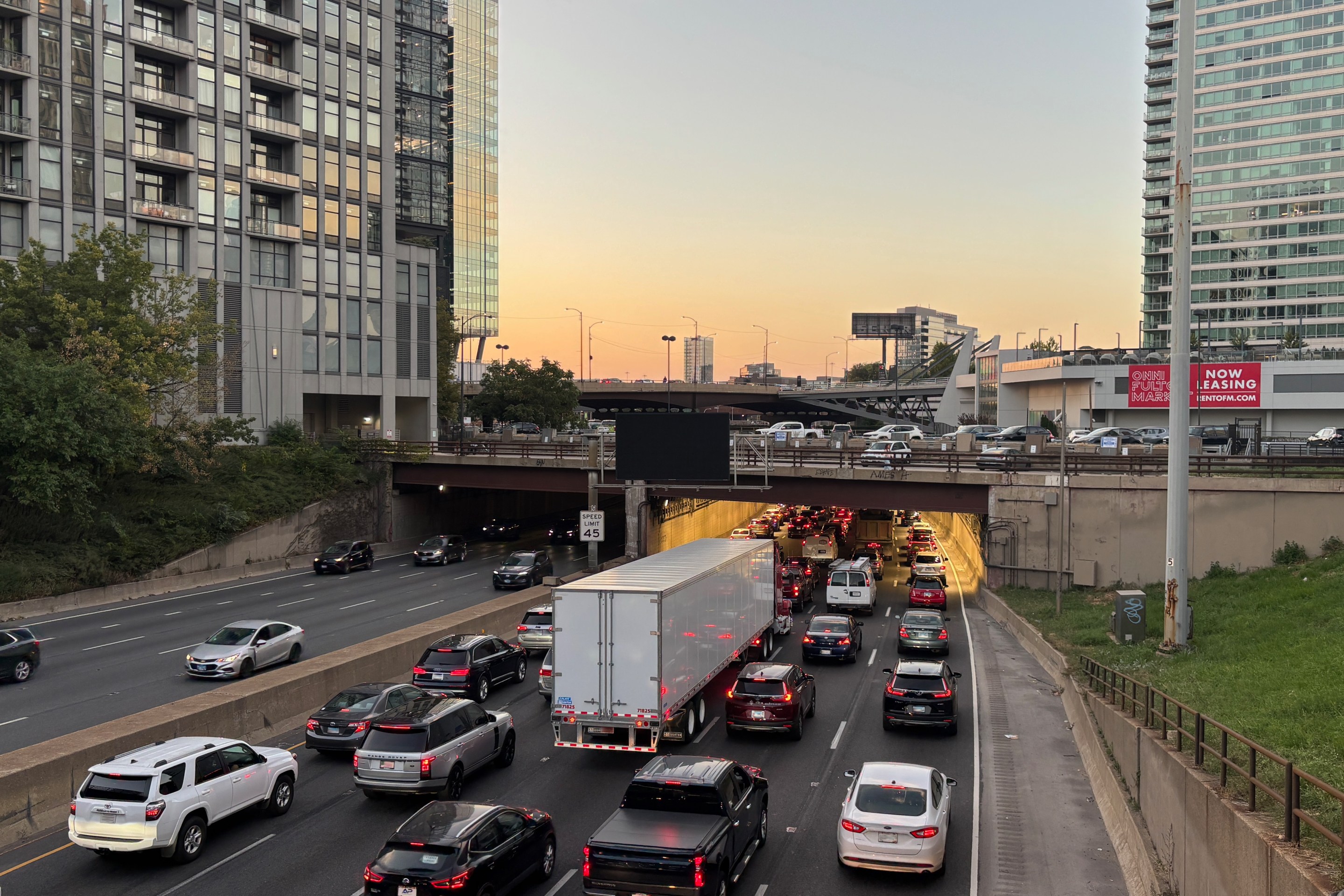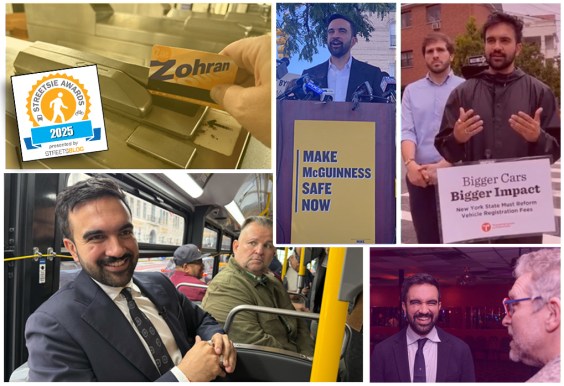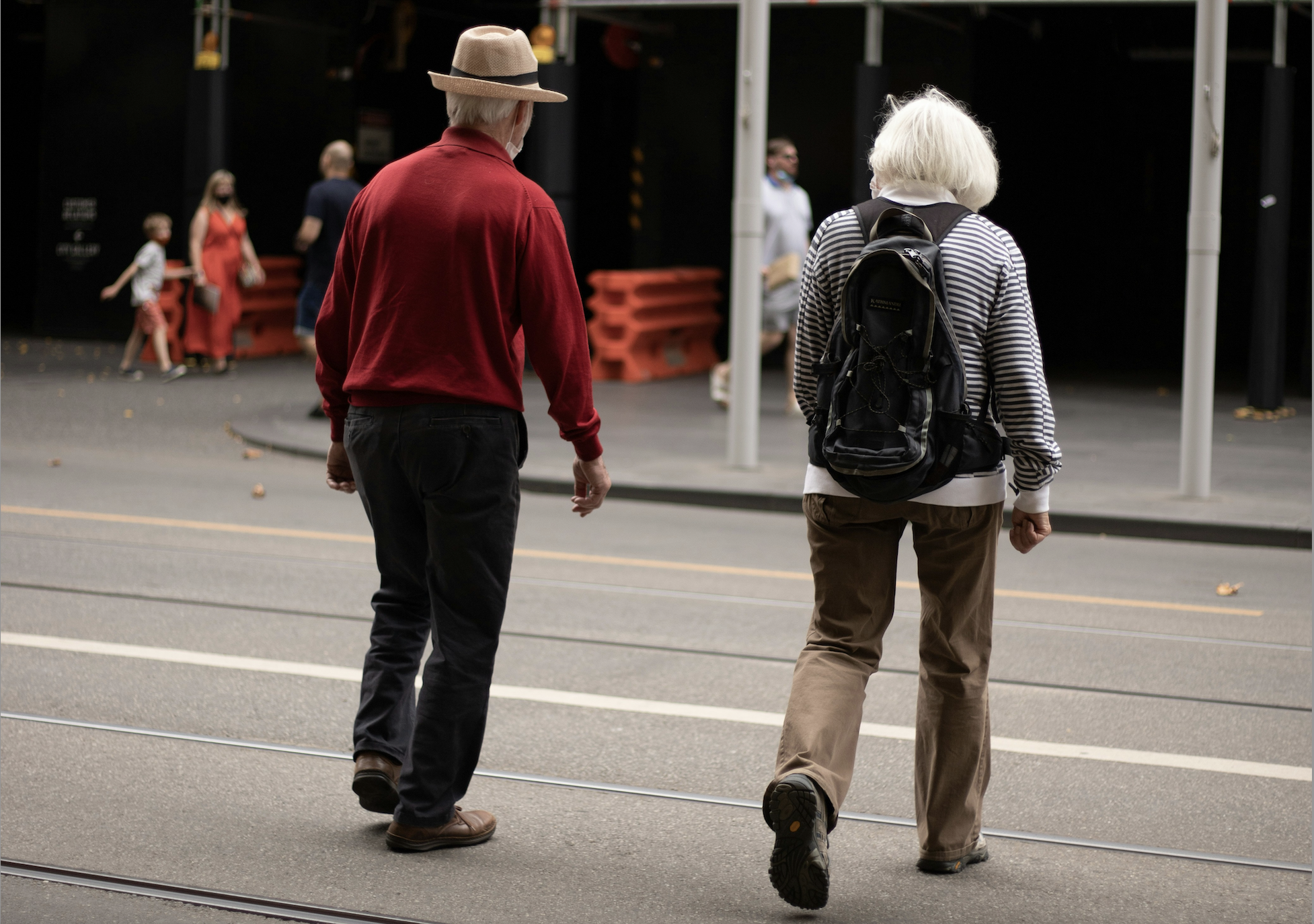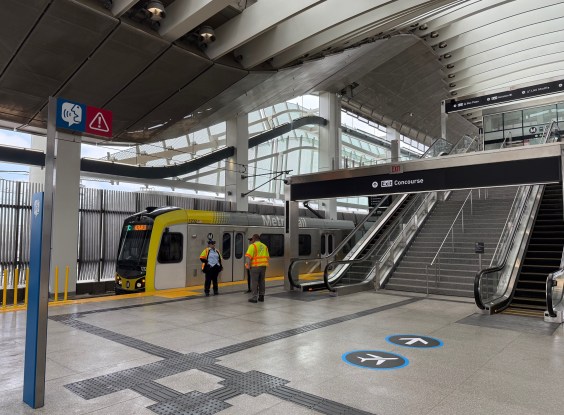Ohio Democratic Party Chair David Pepper recently tweeted that "Ohio needs an urban agenda." A group of local bloggers (myself included) think that's a great idea, and we've been writing about what good state-level policy for Ohio cities would look like.

Despite being one of the most urbanized states in the nation, Ohio doesn't really have a coherent policy agenda to strengthen its cities. In fact, a lot of the time, state policy seems to intentionally undermine cities. And those cities are hurting. Cleveland, Toledo, and Cincinnati are all among the top 10 "most distressed" cities in the nation, according to a recent analysis based on a number of social and economic indicators.
Here are some excerpts from our blogging brainstorm.
At Rust Wire, I wrote that we need...
A fix-it-first policy for ODOT. Stop widening highways to save suburban commuters a few seconds and let’s fix what we’ve already built. While we’re at it, some real transit investment would be nice. It’d also be great if ODOT could figure out how to build roads in cities that won’t undermine the whole development potential and safety of the area.
Marc Lefkowitz at Green City Blue Lake added:
An urban agenda also must deal with the scourge of sub-prime lending that unleashed a wave of vacancy on cities like Cleveland and its older suburbs. Ohio must be at the table in assessing the development potential and then help clean up and re-invest in land, big time, especially in its post-industrial places by redoubling its efforts in Clean Ohio and Jobs Ready sites that are poised for reuse.
And Nick Ian Emenhiser At Green Lake Blue City (get it?) says:
The state can help by requiring that “job ready” sites be within our existing infrastructure footprints. Preservation of brownfield funds is paramount (which Ohio has now exhausted!), as these dollars have been vital toward revitalizing urban, contaminated sites. These sites are strategic despite their contamination because these historic industrial sites are already embedded within communities originally built for their workers.
The most common theme is the need for transportation policy that prioritizes transit and reduces the emphasis on highways.
These posts have also spurred some creative suggestions in the comments. One of my favorite ideas: a "greenfield tax" on sprawl developers, revenues from which would be used to remediate brownfields.
Does your state have an explicit policy framework to strengthen cities? What would a good one look like?
Elsewhere on the Network today: Mobility Lab compares America's crowded highways with Soviet breadlines, saying a price signal is what's needed to rein in congestion. Seattle Transit Blog offers a take on why the city's $50 million transit plan will roll out so slowly. And Beyond DC reports that D.C.'s new Purple Line Metro extension will have open gangways, a design feature that expands capacity and reduces crowding but is rarely seen in American rail systems.





